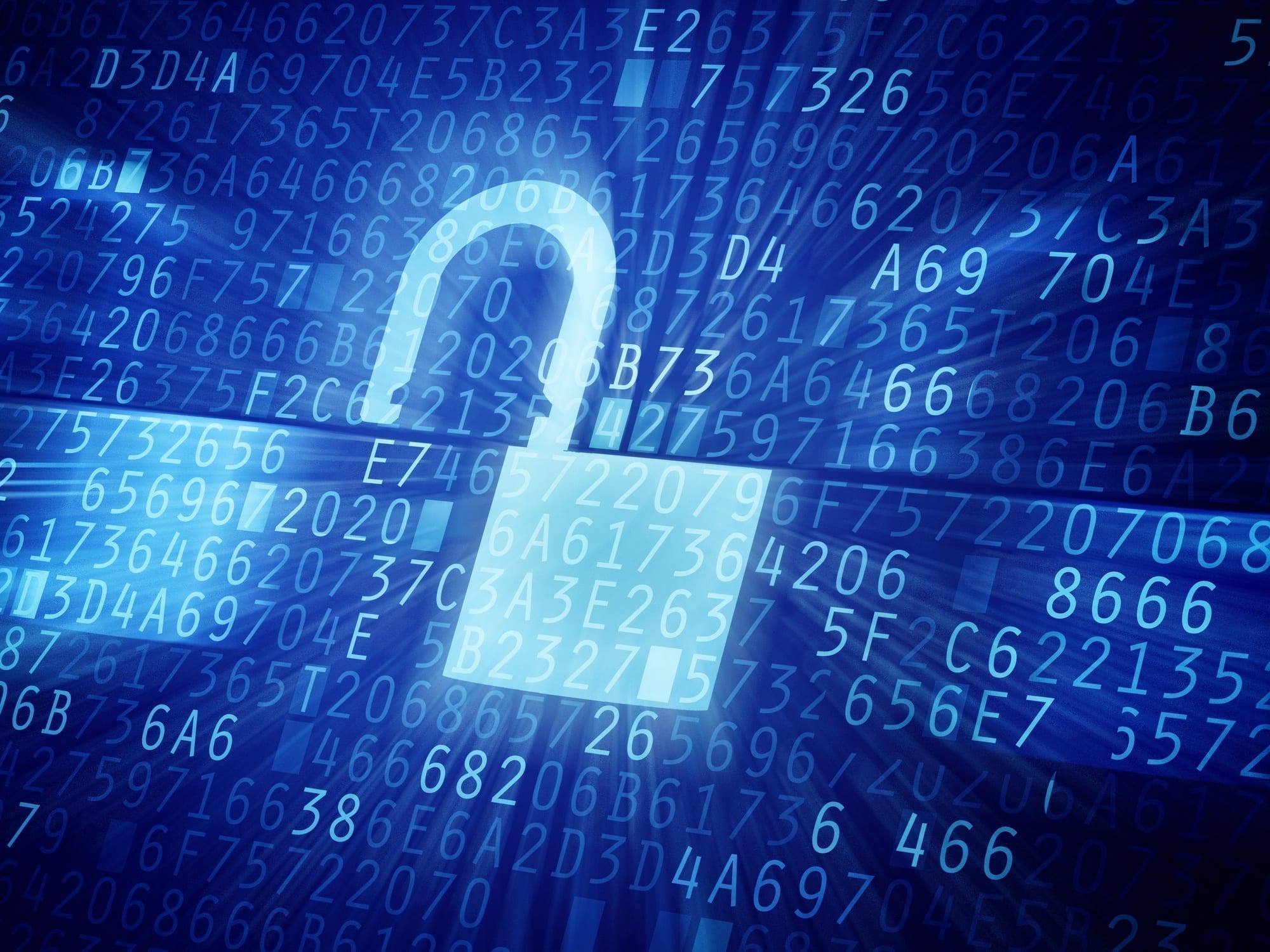
As the frequency of malicious software attacks increases, so too does the importance of maintaining strong cybersecurity policies. For most small businesses, a data breach signals disaster. But, if your business’ sensitive information is effectively fortified, you can steer clear of catastrophe.
Why Are Small Businesses at Risk?
It’s true that cybercriminals can gain more valuable data from big corporations than small businesses, but those corporations are usually equipped with advanced cybersecurity software and teams. Small businesses are typically far less secure than huge companies, making them perfect data breach targets.
In fact, several surveys conducted by the National Cybersecurity Institute revealed that 81 percent of small businesses are concerned about cybersecurity, yet fewer than half of businesses invest in it each year.
How to Prevent a Data Breach
Utilize Preventative Software
The best defense against an attack is strong cybersecurity software.
Antivirus software is an absolute must. Even if your budget is too tight to invest in state-of-the-art software, there are plenty of free antivirus products that drastically boost security. Firewalls also offer an extra layer of protection against unauthorized users, and again, there are tons of free ones available.
After installing software, make sure it’s kept up to date. Most of us close out of those windows that pop up and prompt us to update our software, but those updates will help improve defense against new attacks.
Employee Education
Having well-educated employees also helps prevent data from being compromised by hackers. Employees who are uninformed about IT security can become gateways for malware attacks.
Far too many businesses fall victim to phishing attacks, many of which come disguised as email attachments. An unsuspecting employee may open an email attachment that is loaded with malware, and after that, it’s only a matter of time until valuable data is siphoned from the business.
Each employee should understand that they have an obligation to uphold cybersecurity standards. A business is only as secure as its weakest link. Educating employees on the following can help deter cyber-disaster:
- The dangers of unsolicited email attachments and suspicious social media
- The signs that a cyber-attack has occurred.
- The potential impact of a data breach on your business.
- The importance of reporting an incident as soon as it takes place.
Lock Down the Wi-Fi
Hackers can use an unsecure Wi-Fi network as a vantage point to see the information present on all devices connected to the network, including credit card data and security credentials.
The majority of routers come with the option to enable WPA2 encryption, which will require anyone attempting to connect to the network to enter a password. Other ways to secure your wireless network include the removal of remote administration, and the use of MAC addresses and firewalls. These may sound complicated to set up, but you can find simple instructions on your router provider’s website.
Use a Password Manager
Between email addresses, social media and other various websites, the number of logins the average employee uses each day is likely large. If your password for every login is the same, a hacker only needs to breach one of them to obtain login credentials to all of them. That’s why using a different password for every account is recommended.
Instead of plastering your wall with password-filled post-it notes, use a password manager instead. A password manager stores your login credentials in a safe place. So, even if your password is a random combination of letters, numbers and symbols (which are the strongest passwords), you won’t forget it.
Cybersecurity should be an ongoing project for all small businesses. Allied Insurance Managers, Inc. discovered that roughly 60 percent of small businesses close permanently within six months of a cyber-attack—don’t be one of them!
{{cta(‘21368358-003c-4f37-b530-9631af96b096’)}}






